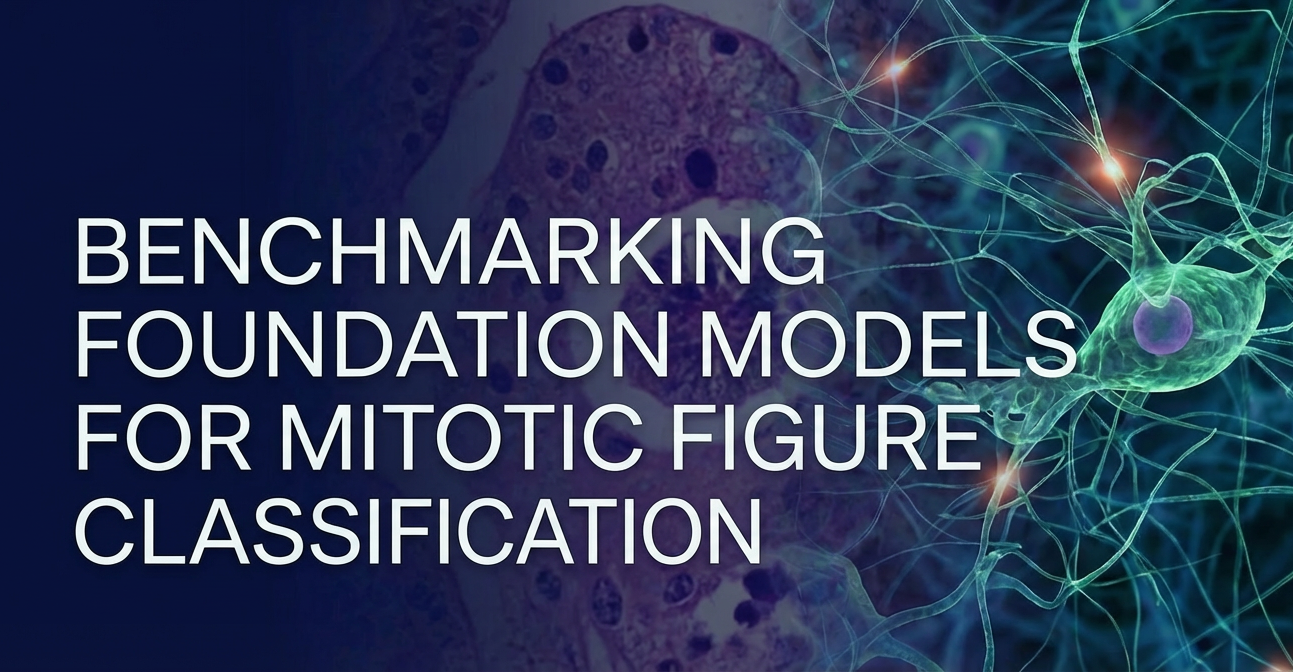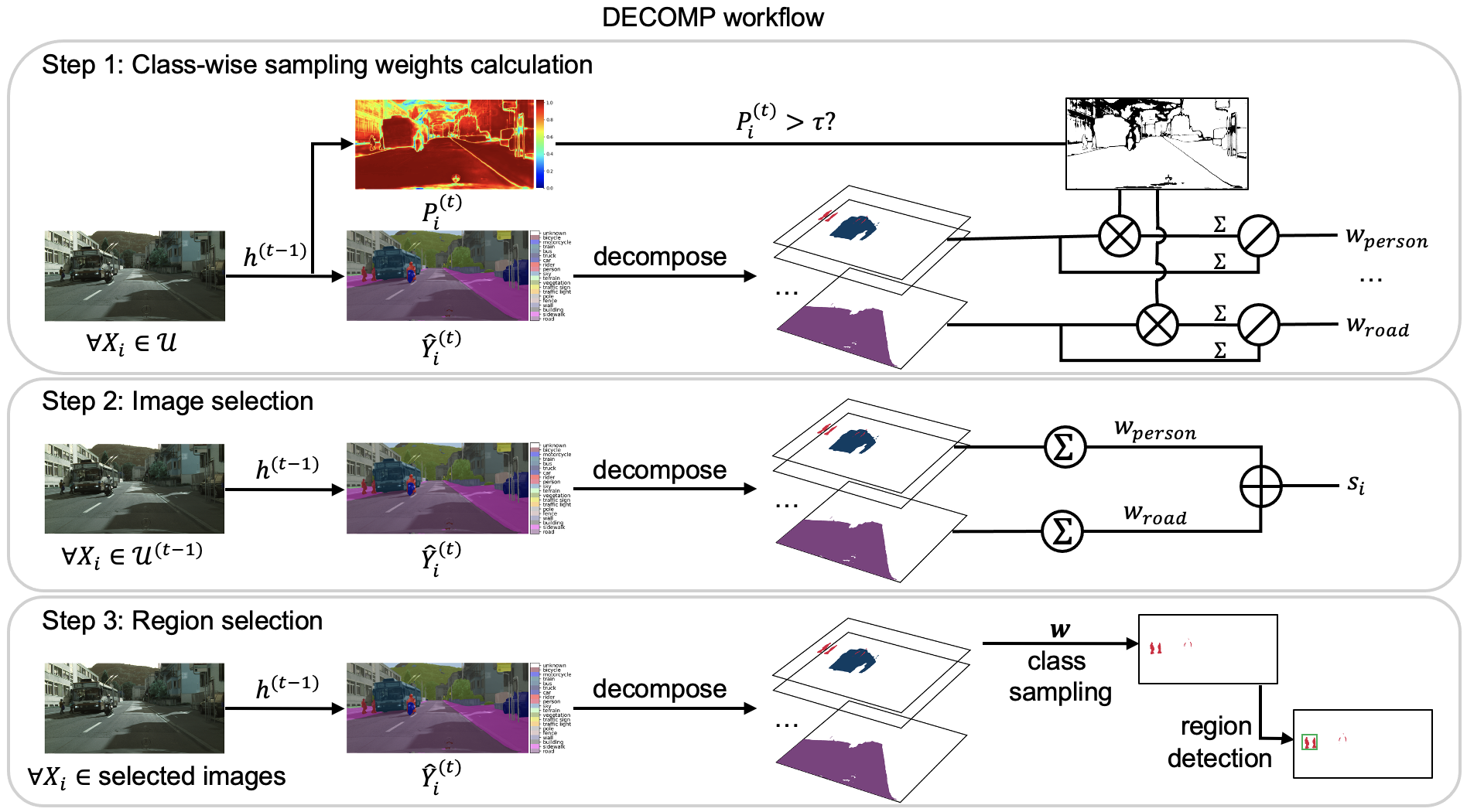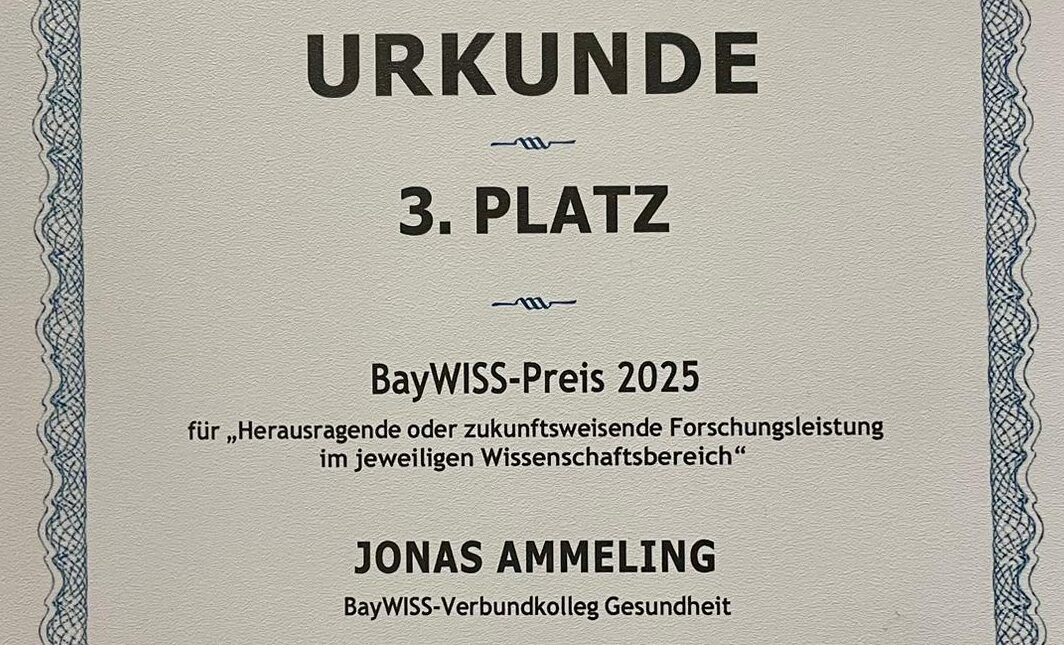Tumor boards are meetings where specialists from many disciplines meet and discuss the potential treatment lines for cancer patients. It is known that these expert conferences contribute to better patient well-being and overall prognosis.
Since the record that the panel of expert uses for the discussion is given in textual form, and the procedural recommendations are, too, we wanted to know how easy it would be to predict this recommendation using large language models.
Our research, which we published in the European Archives of Oto-Rhino-Laryngology, indicate, that using model adaptation techniques like low-rank adaptation (LoRA) or in-prompt learning, this is all but impossible.
We used a variety of SOTA models, both from the open source world and larger, commercial ones. We found that the congruence to the real treatment recommendation was remarkably high, for some models we found a congruent treatment in over 80% of cases:

Please find the full paper here.






Comments are closed